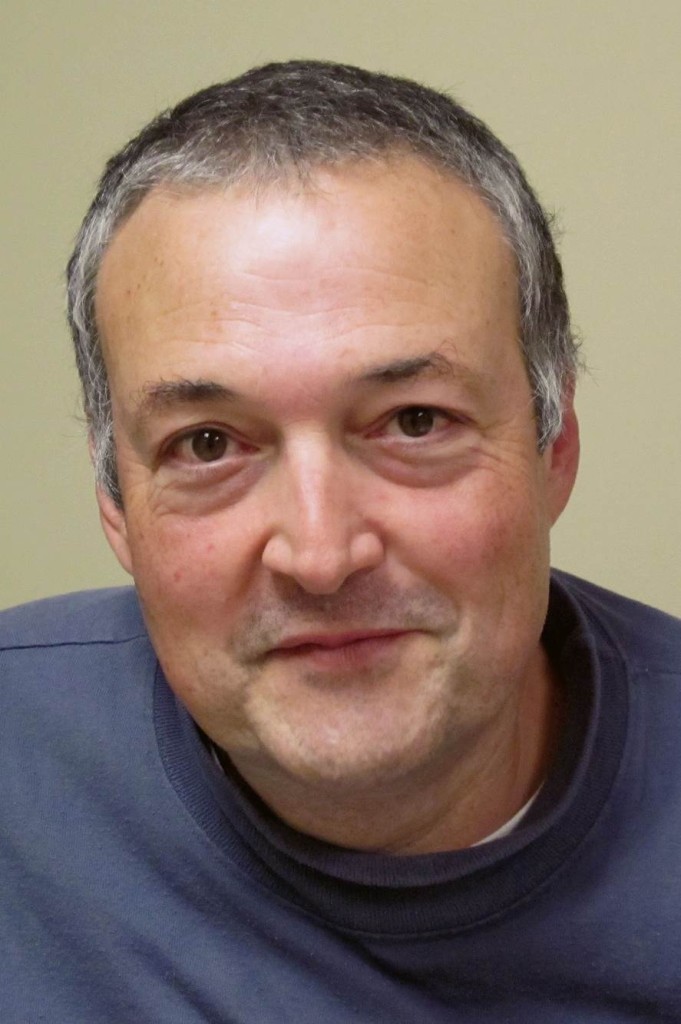Podcast: Play in new window | Download
Subscribe: Apple Podcasts | RSS
Dr. Joel Levine is an Associate Professor of Biology and the Canada Research Chair in Neurogenetics at the University of Toronto, Mississauga. He received his PhD in Dr. Richard Miselis Anatomy and Structural Biology from the University of Pennsylvania. He then completed a Postdoctoral Fellowship with Rob Jackson at the Worcester Foundation for Biological Research, a postdoc fellowship with Dr. Steven Reppert at Harvard University, and a postdoc with Dr. Jeffrey Hall at Brandeis University before joining the faculty at the University of Toronto. Joel is here with us today to tell us all about his journey through life and science.
Joel studies Drosophila to understand the interplay between genes, individual behaviour and the environment. How does he do this? The circadian timing system (a daily clock) has several inherited features that include input pathways for sensing time cues, oscillators for keeping time, and output pathways for generating “rhythms.” Joel’s lab study how flies keep time and how they share time cues with each other. Current data suggest that flies send out and receive time cues using chemical signals. He would like to understand this. This research about social influences on circadian rhythms in Drosophila shows one example of how groups affect individual behaviour and, perhaps, gene expression. They also plan to develop other examples towards defining the principles that relate group dynamics, individual behaviour and gene expression in humans.

Leave a Reply